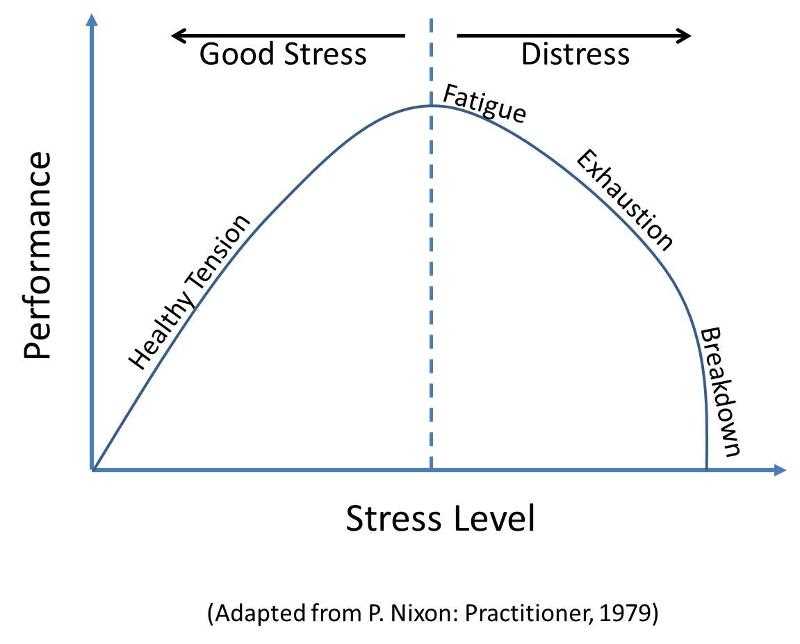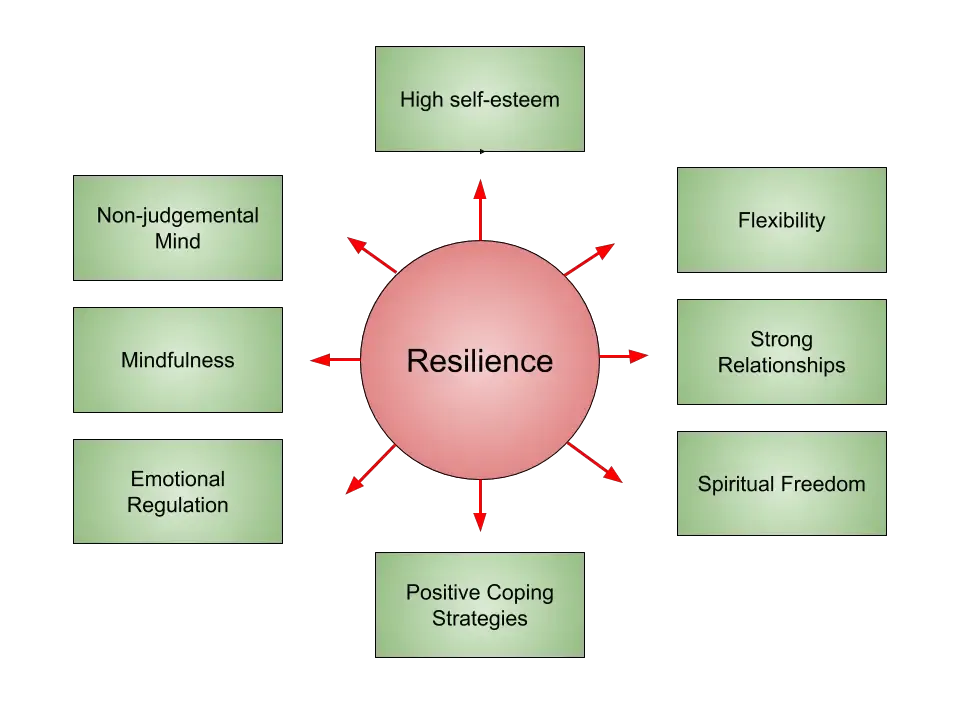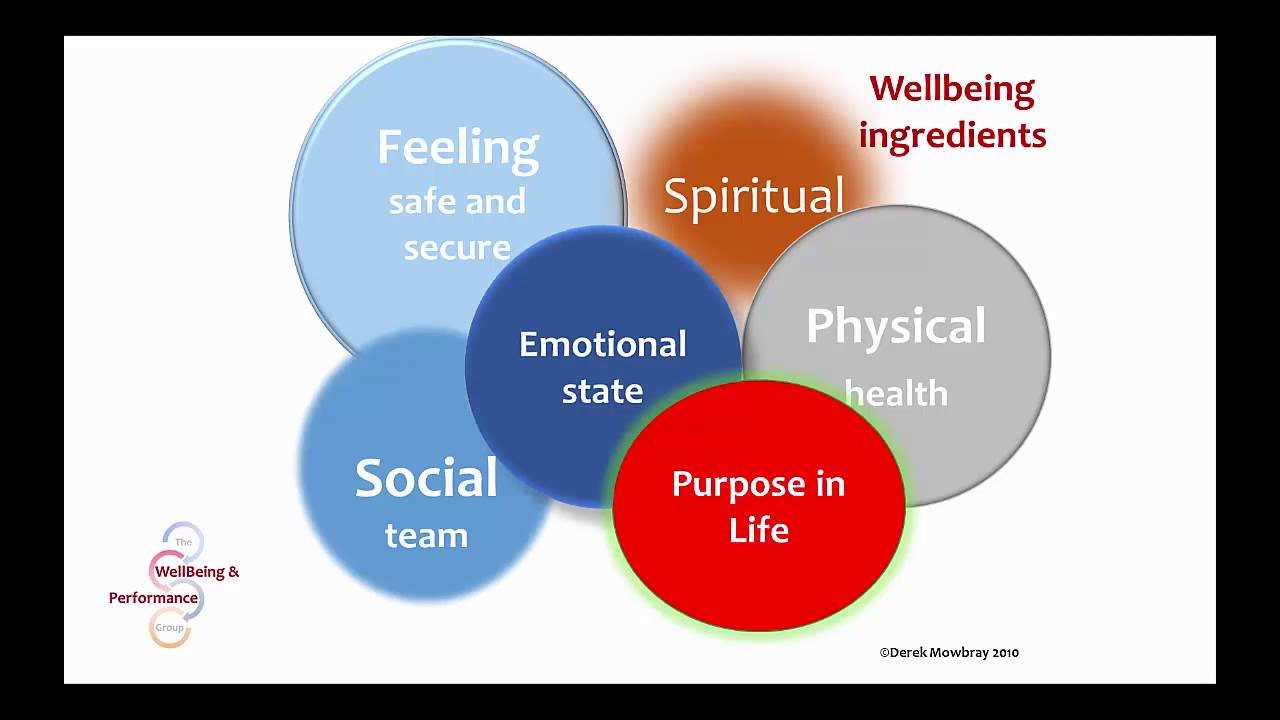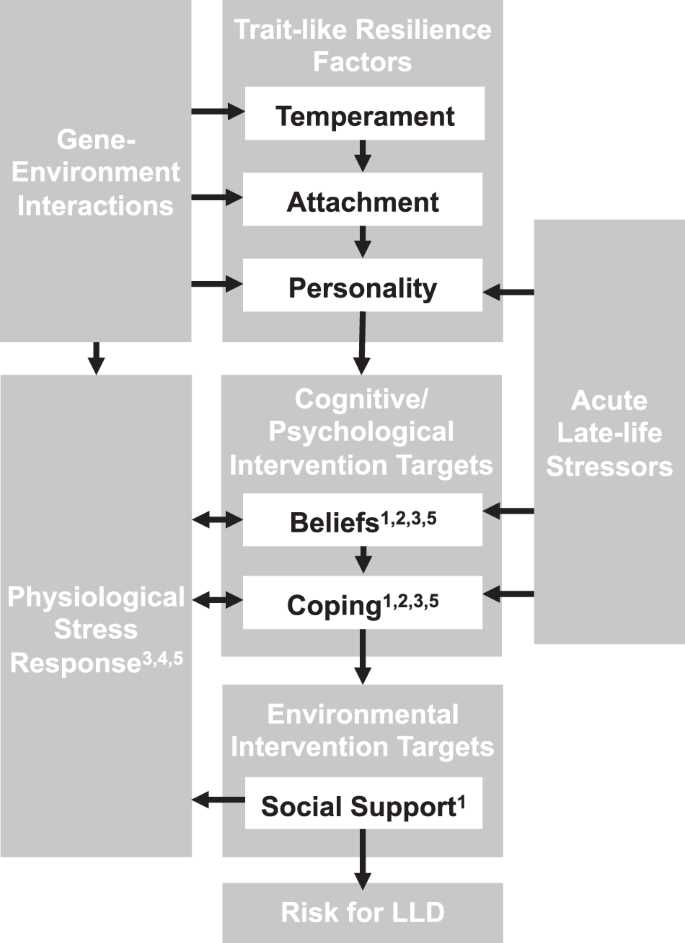
Acute psychological stress is a common experience that can have a significant impact on our mental and emotional well-being. Whether it’s due to a sudden change in circumstances, a traumatic event, or a high-pressure situation, stress can leave us feeling overwhelmed and vulnerable. However, by building resilience, we can learn to effectively cope with and manage acute stress, allowing us to bounce back stronger and more equipped to handle future challenges.
Resilience is the ability to adapt and bounce back in the face of adversity. It involves developing a set of skills and strategies that help us navigate stressful situations, maintain a positive outlook, and protect our mental health. While some individuals may naturally possess a higher level of resilience, it is a skill that can be cultivated and strengthened over time.
One key aspect of building resilience is developing a strong support system. Surrounding yourself with friends, family, or a professional network of individuals who provide emotional support and understanding can greatly enhance your ability to cope with acute stress. Sharing your thoughts and feelings with trusted individuals can help alleviate the burden of stress and provide a fresh perspective on challenging situations.
Another important aspect of building resilience is taking care of your physical and mental well-being. Engaging in regular exercise, practicing relaxation techniques such as deep breathing or meditation, and getting enough sleep are all essential for maintaining a strong foundation of resilience. Additionally, seeking professional help, such as therapy or counseling, can provide valuable tools and techniques for managing acute stress and building resilience.
Understanding Acute Psychological Stress

Acute psychological stress is a common experience that can affect a person’s mental and emotional well-being. It refers to the immediate and intense response to a challenging or threatening situation, which can lead to feelings of anxiety, fear, and overwhelm. This type of stress can be caused by various factors, such as a traumatic event, a major life change, or a high-pressure situation.
Resilience plays a crucial role in how individuals cope with acute psychological stress. It is the ability to bounce back and adapt in the face of adversity, and it can greatly influence a person’s ability to handle and recover from stressful situations. Developing resilience involves building a strong support network, practicing self-care, and cultivating healthy coping mechanisms.
Psychological stress can have a significant impact on both the mind and body. It can manifest in various ways, such as difficulty concentrating, irritability, changes in appetite or sleep patterns, and physical symptoms like headaches or stomachaches. It is important to recognize and address these symptoms to prevent them from escalating and causing further distress.
Understanding the causes and effects of acute psychological stress can help individuals better manage and cope with these challenging situations. By developing resilience and implementing healthy coping strategies, individuals can enhance their ability to navigate and overcome stressful experiences, ultimately promoting their overall well-being.
What is Acute Psychological Stress?

Acute psychological stress refers to a short-term psychological response to a specific event or situation that is perceived as threatening or challenging. It is a natural reaction that triggers the body’s fight-or-flight response, preparing the individual to either confront or escape from the perceived threat.
Psychological stress can be caused by various factors, including work-related pressures, personal relationships, financial difficulties, or traumatic events. When faced with acute psychological stress, the body releases stress hormones such as cortisol and adrenaline, which can have both immediate and long-term effects on physical and mental health.
Acute psychological stress can manifest in various ways, including increased heart rate, rapid breathing, muscle tension, and heightened emotional responses. It can also lead to cognitive changes, such as difficulty concentrating, memory problems, and impaired decision-making abilities.
While acute psychological stress is a normal part of life and can sometimes be beneficial in motivating individuals to take action, prolonged or excessive stress can have detrimental effects on both physical and mental well-being. Therefore, it is important to develop effective coping strategies to manage and reduce acute psychological stress when it occurs.
| Causes of Acute Psychological Stress |
| – Work-related pressures |
| – Personal relationships |
| – Financial difficulties |
| – Traumatic events |
Causes of Acute Psychological Stress

Acute psychological stress refers to the intense and immediate emotional and mental strain that individuals experience in response to certain triggers or events. These triggers can vary greatly from person to person, but they often involve situations that are perceived as threatening or overwhelming.
Some common causes of acute psychological stress include:
1. Traumatic events: Experiencing or witnessing a traumatic event, such as a natural disaster, car accident, or act of violence, can trigger acute psychological stress. The sudden and unexpected nature of these events can overwhelm individuals and lead to intense feelings of fear, helplessness, and vulnerability.
2. Major life changes: Significant life events, such as the death of a loved one, divorce, job loss, or relocation, can cause acute psychological stress. These events often disrupt established routines and require individuals to adapt to new circumstances, which can be emotionally challenging.
3. Work-related stress: High-pressure work environments, demanding deadlines, and excessive workload can contribute to acute psychological stress. The constant pressure to perform well and meet expectations can lead to feelings of anxiety, frustration, and burnout.
4. Relationship difficulties: Conflict, betrayal, or loss in personal relationships can lead to acute psychological stress. Relationship problems can cause emotional turmoil and strain, creating a significant psychological burden.
5. Financial problems: Financial instability, debt, or unexpected expenses can cause acute psychological stress. The constant worry about money and the inability to meet financial obligations can lead to feelings of anxiety, helplessness, and insecurity.
6. Health issues: Serious illness, chronic pain, or medical procedures can trigger acute psychological stress. The physical and emotional toll of dealing with health problems can be overwhelming and contribute to feelings of anxiety, fear, and uncertainty.
It is important to note that individuals may respond differently to these causes of acute psychological stress. Personal resilience, coping mechanisms, and support systems can all play a role in how individuals manage and overcome these challenges.
Effects of Acute Psychological Stress on the Body

Acute psychological stress can have a profound impact on the body, affecting various systems and functions. When faced with a stressful situation, the body initiates a physiological response known as the stress response, which involves the release of stress hormones such as cortisol and adrenaline.
This stress response is designed to help us cope with immediate threats or challenges, but when it becomes chronic or excessive, it can have detrimental effects on our physical and mental health. The body’s ability to bounce back from acute psychological stress is known as resilience.
During acute psychological stress, the body undergoes several physiological changes. The heart rate and blood pressure increase, preparing the body for action. Blood is redirected away from the digestive system and towards the muscles, enabling us to fight or flee. This can lead to symptoms such as stomachaches, indigestion, and decreased appetite.
The immune system also responds to acute psychological stress. While short-term stress can boost immune function, chronic stress can weaken it, making us more susceptible to infections and illnesses. Stress can also exacerbate existing health conditions, such as asthma, diabetes, and autoimmune disorders.
Furthermore, acute psychological stress can affect our sleep patterns. Stress can make it difficult to fall asleep or stay asleep, leading to sleep disturbances and insomnia. Lack of sleep can further contribute to feelings of stress and anxiety, creating a vicious cycle.
Mental health is also impacted by acute psychological stress. Stress can lead to feelings of anxiety, irritability, and difficulty concentrating. It can also trigger or worsen symptoms of depression. Additionally, chronic stress has been linked to an increased risk of developing mental health disorders, such as post-traumatic stress disorder (PTSD) and anxiety disorders.
In conclusion, acute psychological stress can have wide-ranging effects on the body. It can impact various physiological systems, including the cardiovascular, digestive, immune, and sleep systems. It can also affect mental health and increase the risk of developing mental health disorders. Building resilience and finding healthy coping mechanisms are essential for managing and mitigating the effects of acute psychological stress.
Developing Resilience

Resilience is the ability to adapt and bounce back from stress, adversity, trauma, or other difficult experiences. It is a skill that can be developed and strengthened over time. Developing resilience can help individuals better cope with acute psychological stress and improve their overall well-being.
Here are some strategies to help develop resilience:
- Build and maintain strong relationships: Having a support system of friends, family, or colleagues can provide emotional support and a sense of belonging, which can help individuals navigate through stressful situations.
- Practice self-care: Taking care of oneself physically, emotionally, and mentally is essential for building resilience. This can include getting enough sleep, eating a balanced diet, engaging in regular exercise, and engaging in activities that bring joy and relaxation.
- Cultivate positive thinking: Developing a positive mindset and practicing gratitude can help individuals reframe negative thoughts and find meaning in challenging situations. This can involve keeping a gratitude journal, practicing mindfulness, or engaging in positive self-talk.
- Develop problem-solving skills: Being able to identify and address problems effectively can help individuals feel more empowered and in control. Developing problem-solving skills can involve breaking down problems into smaller, manageable steps, seeking help or advice when needed, and learning from past experiences.
- Build emotional intelligence: Emotional intelligence involves being aware of one’s own emotions and the emotions of others. Developing emotional intelligence can help individuals better understand and manage their emotions, as well as navigate social interactions and build strong relationships.
- Seek professional help when needed: If stress or psychological difficulties become overwhelming, it is important to seek professional help. Mental health professionals can provide guidance, support, and evidence-based interventions to help individuals build resilience and cope with acute psychological stress.
By incorporating these strategies into daily life, individuals can develop resilience and better cope with acute psychological stress. Remember, building resilience is an ongoing process that requires practice and patience, but the benefits are worth the effort.
Identifying and Managing Triggers

When dealing with acute psychological stress, it is crucial to identify and manage triggers that may exacerbate the situation. Triggers are specific events, situations, or thoughts that can elicit a stress response in individuals. By recognizing and understanding these triggers, individuals can develop effective coping strategies to better manage their stress levels.
One common trigger for acute psychological stress is high-pressure situations, such as public speaking or important deadlines. These situations can cause individuals to feel overwhelmed and anxious, leading to an increase in stress levels. By acknowledging these triggers, individuals can take proactive steps to prepare themselves mentally and emotionally, such as practicing relaxation techniques or seeking support from others.
Another trigger for acute psychological stress is interpersonal conflicts. Difficult relationships, conflicts at work or home, and unresolved personal issues can all contribute to heightened stress levels. It is important for individuals to identify these triggers and develop healthy communication skills and conflict resolution strategies to manage these situations effectively.
External factors, such as financial problems or health issues, can also act as triggers for acute psychological stress. These stressors can be overwhelming and may require individuals to seek professional help or support from others. Developing a solid support system and maintaining a healthy lifestyle can help individuals manage these triggers and build resilience in the face of adversity.
| Identifying Triggers | Managing Triggers |
|---|---|
| Reflect on past experiences and identify patterns | Practice relaxation techniques, such as deep breathing or meditation |
| Keep a stress journal to track triggers | Engage in regular physical exercise |
| Seek feedback from trusted friends or family members | Set realistic goals and prioritize tasks |
| Attend therapy or counseling sessions | Establish healthy boundaries and practice self-care |
By identifying and managing triggers, individuals can take control of their stress levels and build resilience in the face of acute psychological stress. It is important to remember that everyone’s triggers and coping strategies may be different, so it is essential to find what works best for each individual.
Building a Support System

When facing psychological stress, it is crucial to have a strong support system in place. Acute stress can be overwhelming, but having people to lean on can greatly enhance resilience and coping abilities.
A support system can include family members, friends, colleagues, or mental health professionals. These individuals can provide emotional support, offer guidance and advice, and help in finding appropriate resources for managing stress.
One way to build a support system is by nurturing existing relationships. Reach out to trusted individuals and let them know about your current situation. Share your feelings and concerns, and allow them to provide comfort and understanding.
In addition to personal relationships, joining support groups can be beneficial. These groups provide a safe space to connect with others who are experiencing similar challenges. Sharing experiences and learning from others can help in developing effective coping strategies.
It is also important to seek professional help when needed. Mental health professionals, such as therapists or counselors, have the expertise to provide guidance and support tailored to individual needs. They can assist in developing healthy coping mechanisms and offer techniques for managing acute psychological stress.
Building a support system takes time and effort, but it is an essential component of resilience. By surrounding yourself with caring individuals and seeking professional help when needed, you can strengthen your ability to cope with acute stress and develop long-term psychological resilience.
| Benefits of Building a Support System | Ways to Build a Support System |
|---|---|
| – Emotional support – Guidance and advice – Access to resources |
– Nurturing existing relationships – Joining support groups – Seeking professional help |
Practicing Self-Care

When dealing with psychological stress, especially acute stress, it is important to prioritize self-care. Taking care of yourself can help you better cope with the challenges and pressures that come with stress. Here are some self-care practices that can be helpful:
- Engage in regular physical exercise: Physical activity has been shown to reduce stress and improve overall mental well-being. Find an exercise routine that suits your preferences and abilities, whether it’s going for a walk, practicing yoga, or participating in a team sport.
- Get enough sleep: Sleep plays a crucial role in managing stress. Aim for 7-9 hours of quality sleep each night to allow your body and mind to rest and recover. Establish a regular sleep routine and create a sleep-friendly environment in your bedroom.
- Eat a balanced diet: Proper nutrition is essential for maintaining mental and physical health. Include a variety of fruits, vegetables, whole grains, lean proteins, and healthy fats in your diet. Avoid excessive consumption of caffeine, sugar, and processed foods, as they can contribute to stress and anxiety.
- Practice relaxation techniques: Explore different relaxation techniques such as deep breathing exercises, meditation, or progressive muscle relaxation. These techniques can help reduce the physiological response to stress and promote a sense of calm and relaxation.
- Engage in activities you enjoy: Make time for activities that bring you joy and help you unwind. It could be spending time with loved ones, pursuing hobbies, listening to music, reading a book, or watching a movie. Engaging in activities you enjoy can provide a much-needed break from stress and give you a sense of fulfillment.
- Seek social support: Reach out to friends, family, or support groups for emotional support and understanding. Talking to someone you trust about your stress can help alleviate the burden and provide different perspectives and coping strategies.
- Set boundaries and prioritize self-care: Learn to say no to excessive commitments and responsibilities that may overwhelm you. Establish healthy boundaries in your personal and professional life, and make self-care a priority. Remember that taking care of yourself is not selfish but necessary for your well-being.
By incorporating these self-care practices into your daily routine, you can build resilience and better manage psychological stress, including acute stress. Remember that self-care is an ongoing process, and it may require experimentation to find what works best for you. Prioritize your well-being and give yourself permission to take care of yourself.

I am Patrina de Silva, a psychologist and mental health blogger in Sri Lanka. After obtaining psychology degrees from the University of Colombo and Monash University, I returned home to work as a counselor while also starting the popular blog “Pressy but Happy” to provide advice on psychological issues. Over the past decade, my empathetic articles have made my blog a leading mental health resource in the country. In addition to writing, I maintain a private therapy practice, frequently volunteer counseling time, and conduct seminars, driven by my passion for destigmatizing mental illness and educating the public on the mind-body connection. I strive to be an influential voice in my field through my compassionate approach.
